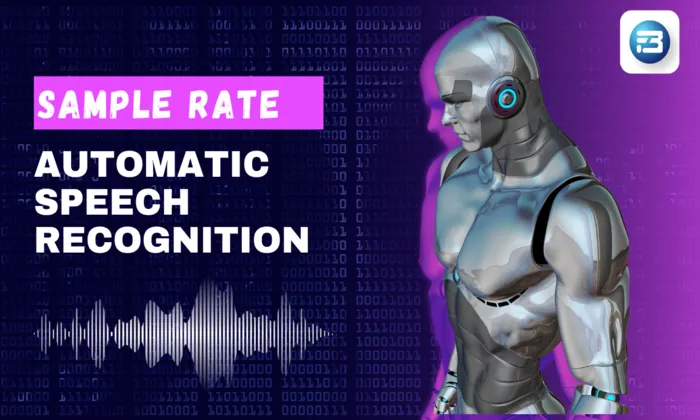What metrics define doctor–patient conversation dataset quality for medical ASR training?
Medical ASR
Healthcare
Speech Recognition
The quality of doctor-patient conversation datasets is paramount for developing effective medical Automatic Speech Recognition (ASR) systems. These datasets must accurately capture the linguistic and contextual nuances of real-world interactions to ensure reliable AI applications in healthcare. Here, we outline the critical metrics that define dataset quality, their real-world implications, and strategies for balancing quality trade-offs.
Key Metrics for Dataset Quality
1. Linguistic Accuracy
Linguistic accuracy is crucial for ASR system performance. It involves precise transcription of conversations, including interruptions and authentic medical terminology.
- Real-World Impact: High linguistic accuracy ensures models can understand and process complex medical dialogues, reducing the risk of misdiagnosis due to transcription errors.
2. Speaker Diversity
Diverse representation of speakers considers gender, age, accents and dialects is essential for ASR models to generalize across various populations.
- Real-World Impact: Diverse datasets help models accurately interpret speech from different demographics, thus improving inclusivity and reducing healthcare disparities.
3. Contextual Realism
Datasets should reflect the natural flow and emotional cues of clinical conversations to train models capable of understanding intent and urgency.
- Real-World Impact: Contextual realism allows ASR systems to respond appropriately to emotional cues, enhancing patient engagement and care quality.
4. Acoustic Quality
Clear recordings with minimal background noise are vital for effective speech recognition.
- Real-World Impact: High acoustic quality reduces transcription error rates, ensuring models perform well in noisy clinical environments.
5. Annotation Quality and Depth
Annotations add layers of information such as speaker roles, medical terms, and intent, which are critical for developing nuanced models.
- Real-World Impact: Detailed speech annotation supports advanced applications like empathy detection and clinical summarization, enhancing the model's ability to handle complex medical interactions.
Balancing Trade-Offs in Doctor-Patient Dataset Quality
Developing high-quality datasets requires balancing multiple factors. For instance, achieving speaker diversity may pose challenges in maintaining linguistic accuracy across all dialects. Similarly, enhancing acoustic quality might demand controlled environments, which could reduce contextual realism.
Strategies for Balance:
- Integrate Diverse Speakers: Ensure datasets include varied speaker backgrounds while maintaining accurate medical terminology.
- Blend Realism with Quality: Simulate realistic environments to capture natural conversation flow while controlling for audio clarity.
Real-World Implications and Insights
High-quality datasets translate into better-performing ASR systems, directly impacting patient outcomes by facilitating accurate and efficient healthcare delivery. For instance, a well-annotated, diverse dataset can lead to ASR systems that provide reliable transcriptions regardless of speaker accent or background noise, ultimately improving patient communication and care.
Common Challenges and Solutions
Teams often overlook emotional cues or fail to represent diverse speakers adequately, leading to biased models. To mitigate these issues, regular quality assurance involving healthcare professionals can enhance dataset reliability and effectiveness.
Actionable Recommendations
For healthcare AI projects, consider partnering with experienced data providers like FutureBeeAI. Our expertise in creating ethically sound, diverse, and accurate datasets ensures your ASR systems are robust and ready for real-world application. Explore our solutions to enhance your healthcare AI models with comprehensive, high-quality data.
Smart FAQs
Q. What makes linguistic accuracy vital in medical ASR datasets?
A. Linguistic accuracy ensures that ASR systems can reliably transcribe complex medical conversations, reducing the risk of errors that could lead to miscommunication in healthcare settings.
Q. How does speaker diversity impact ASR systems in healthcare?
A. Speaker diversity allows ASR systems to accurately interpret speech from different demographics, ensuring equitable healthcare delivery and reducing bias in AI applications.
What Else Do People Ask?
Related AI Articles
Browse Matching Datasets
Acquiring high-quality AI datasets has never been easier!!!
Get in touch with our AI data expert now!








